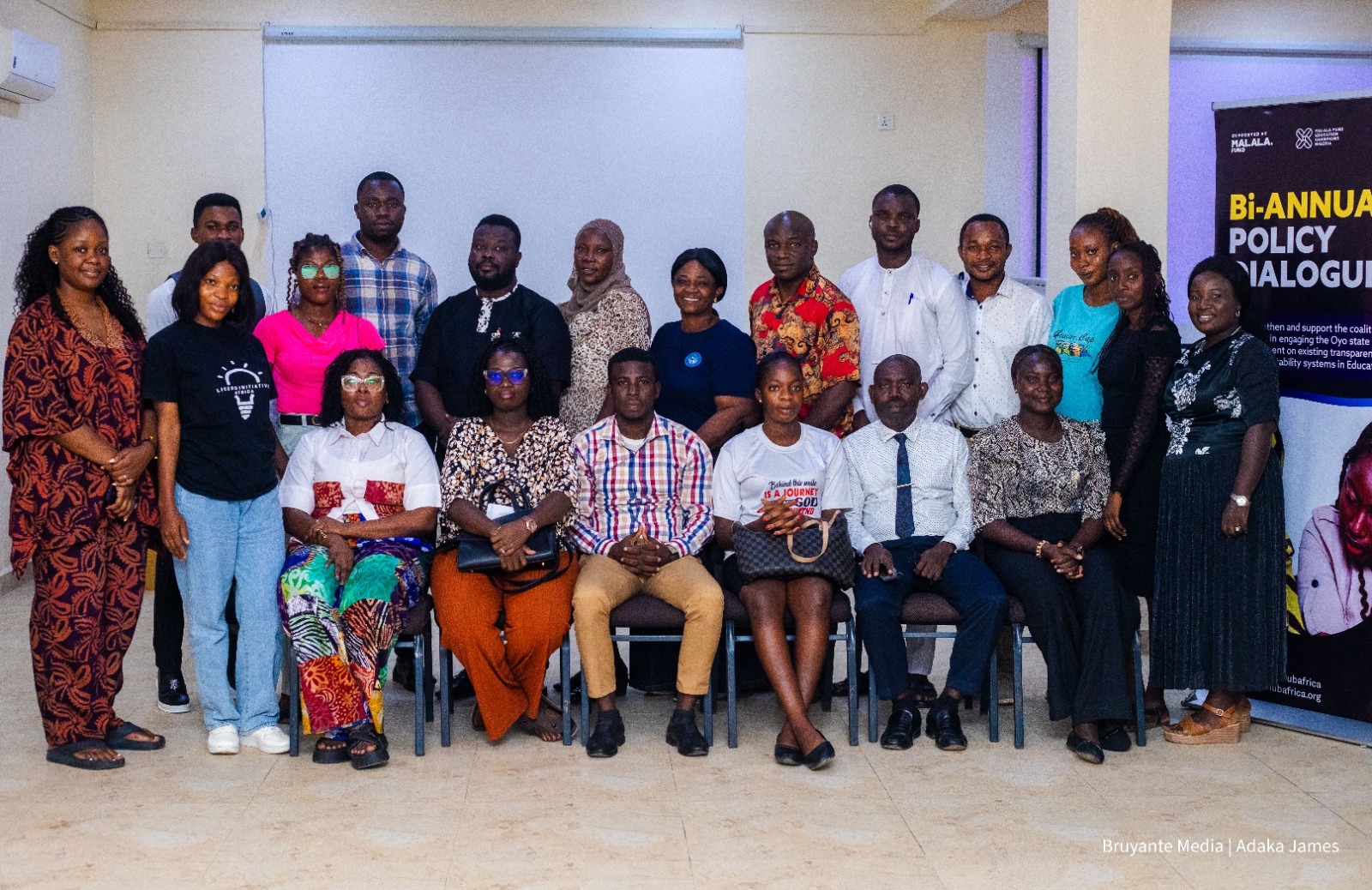Nigeria’s Chief of Defence Staff, General Christopher Musa, has said the country’s weak and slow legal system is undermining the military’s efforts to defeat terrorism, banditry and organised crime, fuelling insecurity across the country.
Speaking on Channels Television, Musa lamented that troops often risk their lives to arrest suspects only for them to be released on technical grounds or face token penalties. This, he said, erodes morale within the armed forces and encourages criminals to act with impunity.
“When people know they can get away with anything, impunity sets in and that is critical,” Musa said. “You risk your life, make an arrest, and then tomorrow you hear the item is released. Do you think that soldier is ready to sacrifice himself to go and make arrests again?”
He cited cases in the Niger Delta where seized oil vessels are returned to operators after minor fines, forcing the military to adopt harsh deterrents such as destroying illegal bunkering vessels. “It sends a signal that we will not allow it,” Musa explained.
The defence chief urged lawmakers to urgently review terrorism and organised crime laws, calling for faster trials and tougher punishments to reflect the gravity of crimes that threaten national security. “We need to bundle it, make it faster and more stringent,” he said.
Musa also highlighted regional and international factors aggravating insecurity, pointing to arms smuggling and the flow of foreign fighters from crisis-hit countries in the Sahel and North Africa. He stressed the need for stronger border security and closer cooperation with neighbouring states.
Despite the challenges, Musa insisted progress has been made, citing better intelligence-sharing, improved community engagement and non-kinetic measures to disrupt recruitment pipelines for armed groups. But he warned that without stronger laws and swift justice, military gains risk being reversed.
“There is never any country in the world that is crime-free,” Musa said. “But with stronger laws, faster justice and the support of Nigerians, we can deny these groups the space to thrive.”






